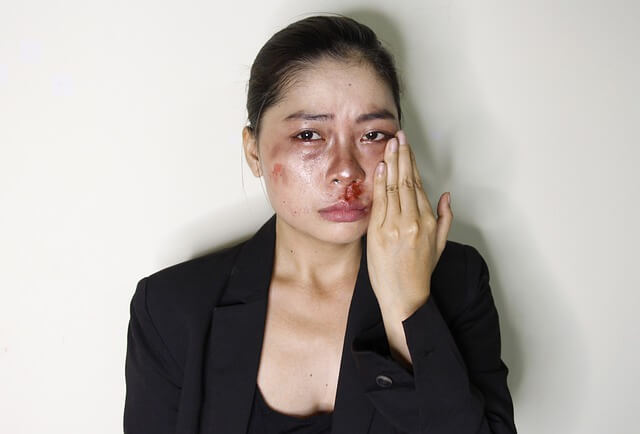Rape and Sexual Assault
Rape and sexual assault is an incredibly serious crime and it is one that can have lasting consequences for the victim. The 2009-2010 British Crime Survey suggested that 1 in 5 people will be a victim of a sexual assault or rape at some point in their lifetime.
The complexities associated with the laws surrounding rape can be a challenge to navigate so it is important that you seek legal advice from an experienced solicitor. UK rape laws are largely based around the concept of consent, but there are often situations where it is difficult to define what is consent.
Other areas of contention include whether rape is only committed by a man and whether penetration is the only type of sex that can be described as rape.
The Law and Rape
In 2003, the Sexual Offences Act was introduced which defined rape as penetration in the mouth, anus or vagina where the other person has not given their consent. Sexual assault, indecent exposure or rape can result in lasting emotional and physical damage to the victim.
The rule of consent relates to whether permission was granted or agreement was given between two people. If two people engage in sexual activity, it is essential that consent is obtained before to ensure that both parties are comfortable and aware of the activity and agree to it. Where there is a failure to obtain consent, any sexual acts that take place may not be recognised as being consensual.
There are many reasons where consent may not be given and it’s not as simple as whether someone said they didn’t want to. Under the law there are several instances where sex is deemed to be non-consensual.
This will include:
- Where either party is under the age of thirteen years
- If the sex occurred after being threatened with violence or violent behaviour
- Where threats have been made to harm the victims family
- If the victim was unconscious, drugged, too drunk to provide consent or asleep
- If the victim has a disability which limited their ability to consent or affected their ability to communicate
Rape in the UK is dealt with under the Sexual Offences Act 2003. In particular Sections 1 to 4 of the Act provides guidance on sexual offences where consent is in question and the crime is rape.
The Difference Between Rape and Sexual Assault
Sexual assault can be as serious as rape with the same emotional consequences for the victim. That said, rape and sexual assault are treated differently in accordance with the law. As we have already established for the crime to be classed as rape, there must have been penetration without consent. Sexual assault on the other hand can take place in many situations.
It can occur when an individual touches another, penetrates with fingers or another object, makes threats of a sexual nature, attempts to rape the individual or commits indecent exposure. Sexual assault is a crime and the perpetrators can be either men or women.
Reporting
When a rape is reported to the police, a specially trained officer will talk to the victim to gather sufficient information. Depending on the police force, the victim may work with a Sexual Offences Liaison Officer who have undertaken in depth training to help them support the victim on a practical and emotional level from the point of reporting the crime through to conviction.
Throughout England and Wales a number of Sexual Assault Referral Centres have been launched which are safe spaces for victims to receive counselling, treatment and legal support after a sexual assault or rape.
When the victim attends a centre, forensic evidence will be collected after they report the rape. The evidence will be used to help secure a conviction and prove that intercourse took place. A victim is asked not to change their clothes or wash until the necessary evidence has been collected.
Conviction and Sentencing
Rape is one of those crimes with a particularly low rate of reporting with fewer than 20{c9b670b3c77d807bdd7060c9fc0a99121cc6b184676c9335f3481a95c383dd4c} of attacks being reported. It is hoped that more convictions and longer sentences will encourage a greater number of victims to come forward.
If convicted, the perpetrator can face life imprisonment, but the typical sentence for those convicted of rape is around eight years.
The Ministry of Justice statistics however show that the average sentence is less than four years.
Female Perpetrators of Rape
The law surrounding rape is primarily related to male perpetrators and female victims. The law surrounding female perpetrators and male victims is a complicated mainly because the legal definition of rape doesn’t apply. Under the law it is only men who are able to commit rape. However, there are particular circumstances where a woman can be convicted of rape.
Under the law, if a woman is an accomplice to an offence, it is recognised under the law as rape. If for example, a woman helps a man such as holding down another individual or tying them up, she would also be guilty of rape.
This is applicable even if the woman wasn’t present at the time of the rape but acted with the male to commit the offence. Her crime would be tried as aiding and abetting the offence.
The law surrounding rape is complex so it is always advised to consult a qualified solicitor with expertise in this area who can provide the necessary advice and information.





